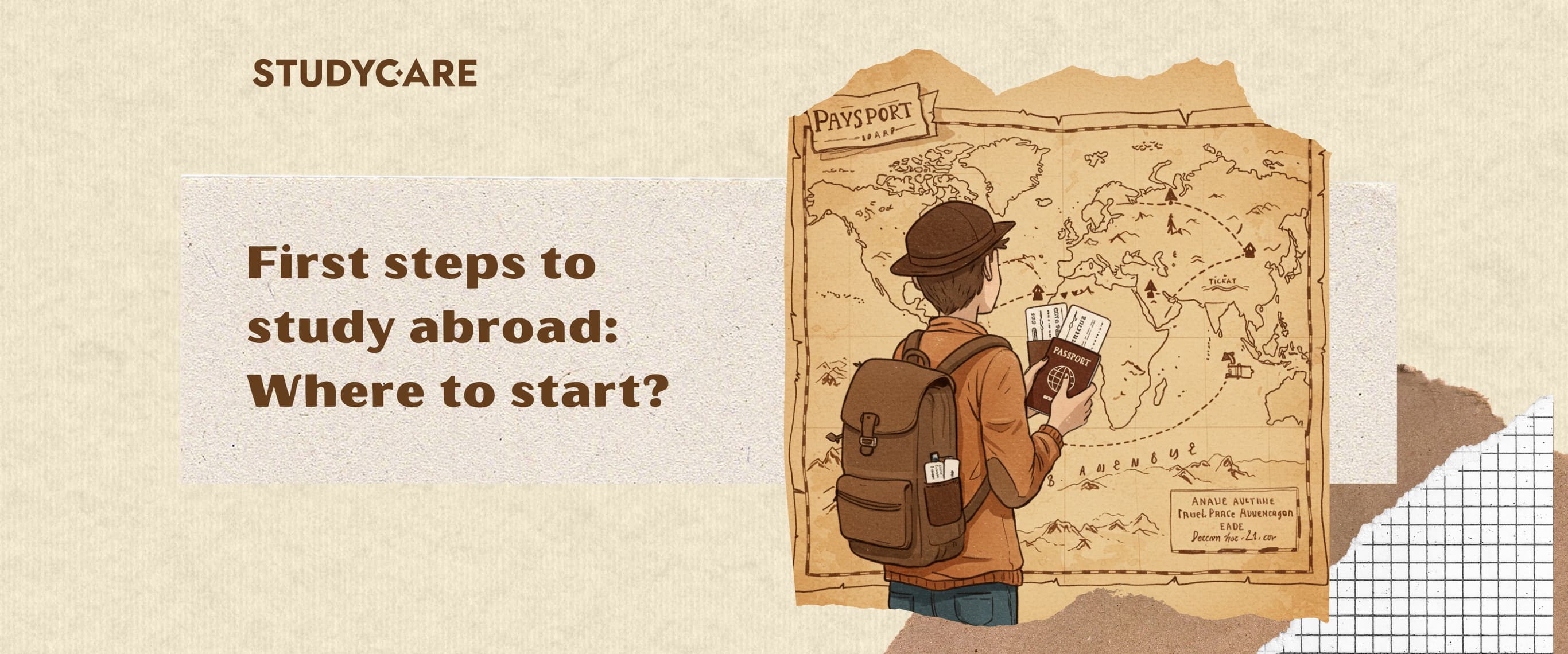Tools and strategies modern educators need to help students grow
Study Abroad
8 min read
First Steps to Studying Abroad: Where to Start?
17.03.2025

Studying abroad is a dream for many, but to make it a reality, it is important to know where to start and how to manage the process correctly. Proper planning and timely actions increase the chances of getting accepted into a university. If you want to study abroad but don’t know where to start, let’s explore this topic together. In this article, we will explain the main steps of the admission process step by step.
Before making a decision about studying abroad, answer the following questions:
Education systems and university admission rules vary from country to country. There are many options to choose from. Here are some of the most popular study destinations:
When choosing a country and university, consider tuition fees, living expenses, job opportunities, university rankings, and your personal criteria.
Most foreign universities have specific admission requirements. Some of the most common include:
It is important to check the requirements of your chosen university in advance and prepare the necessary documents.
Studying abroad requires certain financial investments. However, many universities and organizations provide scholarships for international students. Before applying to a university:
Studies show that moving to another country can be accompanied by adaptation challenges. However, this stage can be easier if you:
The more information you gather about your future university and country, the smoother the adaptation process will be.
Frequently Asked Questions
There are no specific age restrictions—it depends on the program and country. For most bachelor’s programs, you need to be at least 18 years old. There are no age restrictions for master’s and PhD programs.
Scholarships are highly competitive, but strong academic records, involvement in social projects, and a compelling motivation letter increase your chances of success. It is important to research the requirements of each program in advance.
It depends on your field of study, personal preferences, and needs. Generally:
Determine your goals, choose the right university and country, prepare your documents, and adapt to the requirements. A structured approach and thorough research will significantly increase your chances of successful admission.
For more information, individual consultations, and professional support, feel free to contact us.